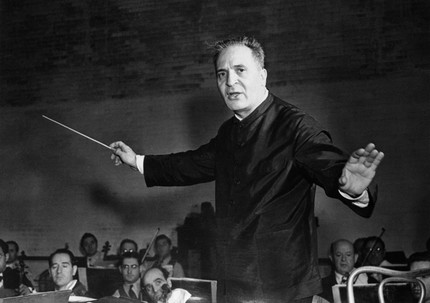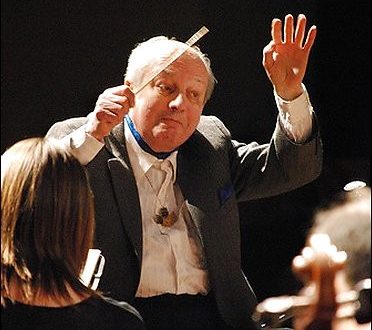
Alexey Fedorovich Kozlovsky (Kozlovsky, Alexey) |
Kozlovsky, Alexey
Kozlovsky came to Uzbekistan in 1936. It was the time of formation and formation of the professional musical culture of the Central Asian republics. A graduate of the Moscow Conservatory in the class of N. Myaskovsky, he became one of those Russian musicians who helped lay the foundation for the modern national art of the fraternal people. This also applies to the composer’s work of Kozlovsky and his activities as a conductor.
After graduating from the conservatory (1930), the talented composer immediately turned to conducting. He made his first steps in this field at the Stanislavsky Opera Theater (1931-1933). Arriving in Uzbekistan, Kozlovsky studies Uzbek musical folklore with great energy and enthusiasm, creates new works on its basis, teaches, conducts, gives concerts in the cities of Central Asia. Under his leadership, the Tashkent Musical Theater (now the A. Navoi Opera and Ballet Theater) achieves its first successes. Then Kozlovsky for a long time (1949-1957; 1960-1966) was the artistic director and chief conductor of the symphony orchestra of the Uzbek Philharmonic.
Hundreds of concerts have been held over the years by Kozlovsky in Central Asia, in various cities of the Soviet country. He introduced listeners to many works by Uzbek composers. Thanks to his tireless work, the orchestral culture of Uzbekistan has grown and strengthened. Musicologist N. Yudenich, in an article dedicated to the venerable musician, writes: “The works of the lyrical-romantic and lyrical-tragedy plan are closest to him – Frank, Scriabin, Tchaikovsky. It is in them that the sublime lyricism inherent in the individuality of Kozlovsky is manifested. The breadth of melodic breathing, organic development, figurative relief, sometimes picturesqueness – these are the qualities that distinguish, above all, the conductor’s interpretation. Genuine passion for music allows him to solve complex performing tasks. Under the direction of A. Kozlovsky, the Tashkent Philharmonic Orchestra “wins” such virtuoso scores as Mussorgsky-Ravel’s Pictures at an Exhibition, R. Strauss’s Don Juan, Ravel’s Bolero and others.
L. Grigoriev, J. Platek, 1969





